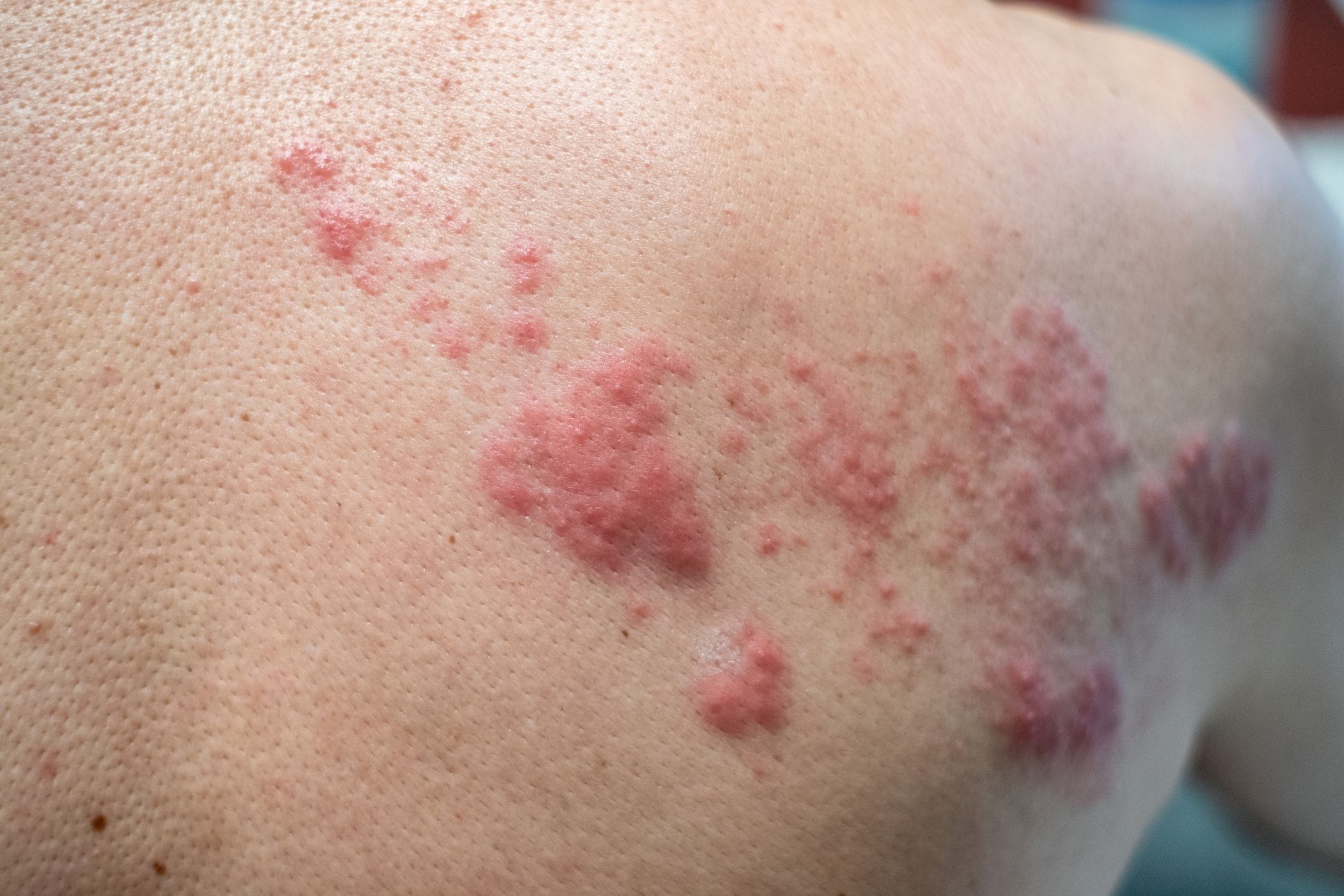Updated on June 16, 2023
Shingles is caused by a reactivation of the varicella-zoster virus (VZV), the same virus that causes chickenpox.
After chickenpox has resolved, this virus remains in the body but stops causing symptoms. Years later—often many years later—the virus can and become active again, causing shingles.
One of the factors that may contribute to the reactivation of VZV is stress.
The stress and shingles connection
Some studies have found that people under significant stress are more prone to a shingles outbreak. Some preliminary research even suggests that stress can cause a shingles outbreak in some people.
What’s the reason for this? Although more research is needed regarding the relationship between stress and shingles, it is well-known that stress can have a negative impact on the body, including the immune system.
Stress—especially severe or long-term stress—has been linked to a wide range of health issues such as gastrointestinal problems, high blood pressure, heart disease, and diabetes. While some stress in life is inevitable, there are ways to reduce or better manage stress. These include the following.
Exercise regularly. In addition to the physical benefits of exercise, getting your body moving has mental and emotional benefits. Exercise encourages your brain to produce more endorphins—the “feel-good” neurotransmitters that can boost your mood. It can also help you learn to better work through the "fight or flight" response, which is the reaction your body has when it senses something stressful or dangerous. Walking, jogging, or bike riding are popular options. Just be sure to check in with your healthcare provider before starting an exercise program.
Eat a balanced, healthy diet. The dietary choices you make can have a big impact on your stress levels and your ability to handle stress. If you’re already anxious, caffeinated foods and drinks can magnify these feelings. Keep your caffeine intake to a minimum. In addition, comfort foods (and yes, there are healthy comfort foods, such as oatmeal) can help boost levels of mood-stabilizing serotonin. And of course, plenty of fruits and vegetables are key. If you’re looking for meal options that can help with stress management, your healthcare provider can help.
Practice good sleep hygiene. Proper sleep is an important factor in reducing stress and improving the ability to think more clearly. Conversely, a lack of sleep can cause the body to react as if it's in distress, releasing more of the stress hormone cortisol (which is responsible for your "fight or flight" response). You can help your body get the rest it needs by creating an environment in your bedroom that’s ideal for sleep—preferably cool, quiet, and dark. Also, going to bed and waking up at the same time each day is important for keeping your circadian rhythm (your body’s internal clock) in check.
The shingles vaccine
The shingles vaccine can significantly reduce your risk of developing shingles and help lessen the severity and duration of shingles if an outbreak does occur. It can also lower your risk of postherpetic neuralgia (PHN), a long-term complication of shingles that causes severe nerve pain. If you have questions about getting the vaccine, your healthcare provider will be your best source of information.






